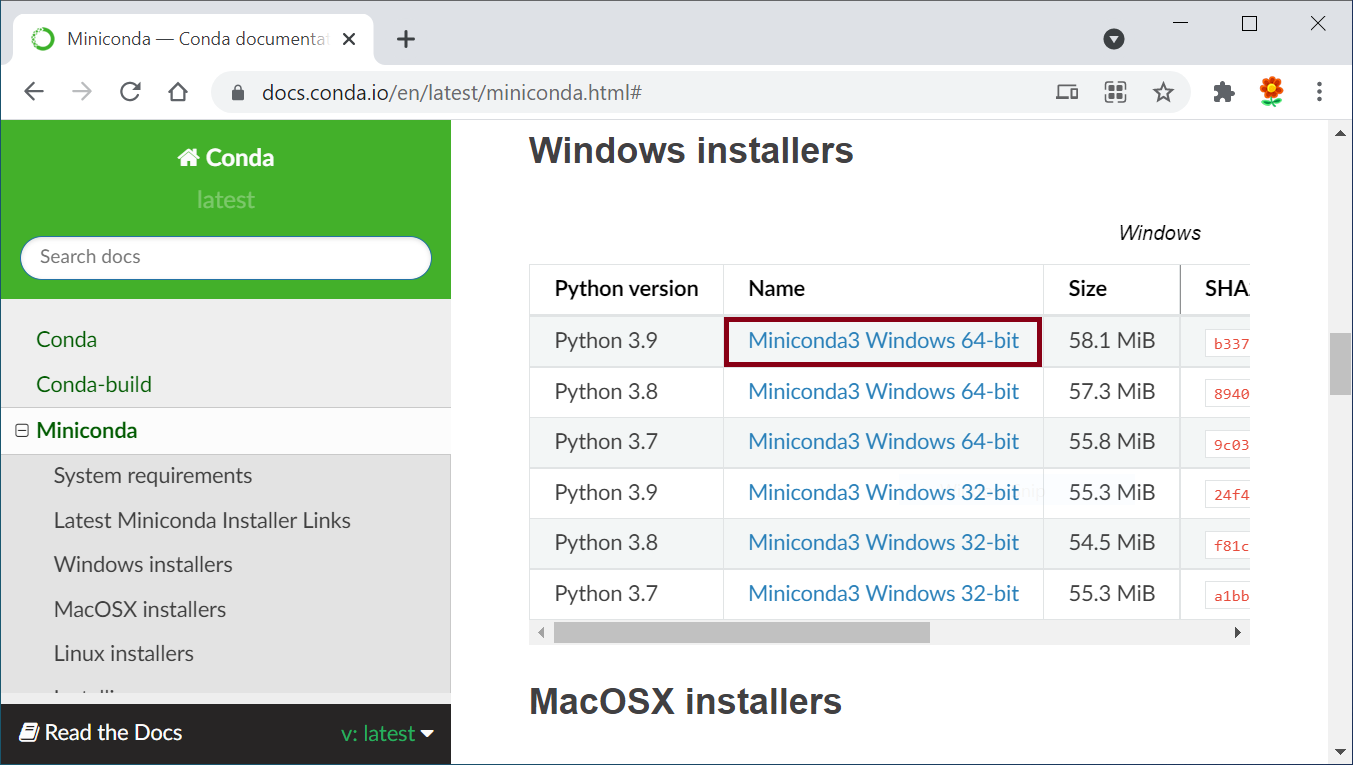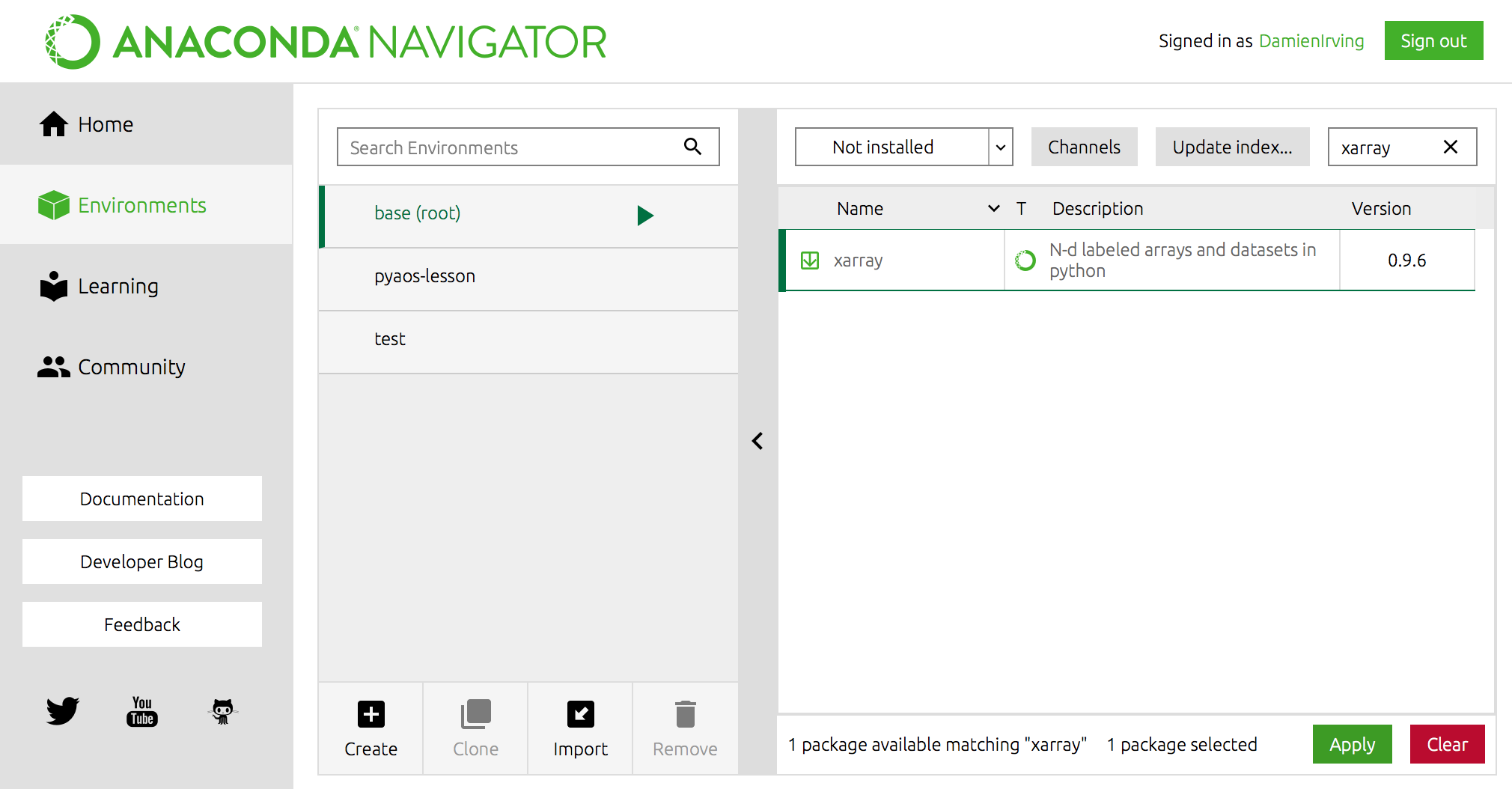


Latest Miniconda Installer Links ¶ Latest - Conda 23.3.1 Python 3.10. Which does require administrator permissions.

Anaconda has a large number of packages, many of. However, if you need to, you can install Miniconda system wide, Both have Python, conda and additional scientific computing packages. If you encounter binary incompatibilities between R and Miniconda, a scripted build and installation of Python from sources can be performed by. For arm64 builds of R on macOS, installminiconda() will use binaries from miniforge instead. Which does not require administrator permissions and is the most robust type of Boolean force re-installation if Miniconda is already installed at the requested path Details. On Windows, macOS, and Linux, it is best to install Miniconda for the local user,
Minimum 400 MB disk space to download and install. The linux-aarch64 Miniconda installer requires glibc >=2.26 and thus will not work with CentOS 7, Ubuntu 16.04, or Debian 9 (“stretch”). System architecture: Windows- 64-bit x86, 32-bit x86 macOS- 64-bit x86 & Apple M1 (ARM64) Linux- 64-bit x86, 64-bit aarch64 (AWS Graviton2), 64-bit IBM Power8/Power9, s390x (Linux on IBM Z & LinuxONE). Note that the choice of which Miniconda is installed only. If your operating system is older than what is currently supported, you can find older versions of the Miniconda installers in our archive that might work for you. There are two variants of the installer: Miniconda is Python 2 based and Miniconda3 is Python 3 based. Operating system: Windows 8 or newer, 64-bit macOS 10.13+, or Linux, including Ubuntu, RedHat, CentOS 7+, and others. The latest Python 3.x package is probably best. License: Free use and redistribution under the terms of the EULA for Miniconda. Download+install miniconda To initialize conda in shells, copy+paste: /miniconda3/bin/conda init bash tcsh zsh.






 0 kommentar(er)
0 kommentar(er)
